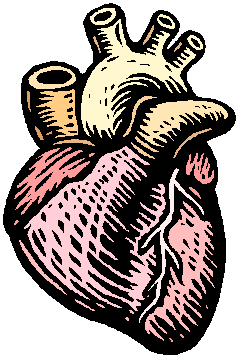Implications
An overdose, in excess of 250mg, can result in
adverse effects. A high intake of caffeine together with five or more of
the following symptoms would indicate an overdose: restlessness, nervousness,
insomnia, flushed face, tachycardic or cardiac arrhyt hmia, twitching,
excitement, gastric disturbances, urinary problems, dehydration or
hyperactivity, providing there is no other physical or metal disorder.
This may require hospital treatment in severe cases.
hmia, twitching,
excitement, gastric disturbances, urinary problems, dehydration or
hyperactivity, providing there is no other physical or metal disorder.
This may require hospital treatment in severe cases.
Withdrawal from caffeine results in over-sensitivity to andenosine. Its response is a decrease in blood pressure, leading to less blood in the head which causes a headache. This can last between one and five days, leaving the user irritable, restless and lethargic. In extreme cases going "cold turkey" may result in nausea and vomiting.
There are some indications that high caffeine intake may cause fetal abnormalities in pregnant women, however information is very limited. It is proven, however, that the equivalent of 20 cups a day intake in humans when given to rats causes mutations in offspring. This has also been shown in other mammal species.
Caffeine can cause a reduction in sperm mobility, hence fertility. In women it has been demonstrated that there is a significant association between increased intake of caffeinated coffee and decreased bone mineral density, regardless of age, obesity, years since menopause and the use of tobacco, alcohol, oestrogen and calcium supplements. However those who had been drinking a glass of milk per day for their adult lives showed little change in bone mineral density.